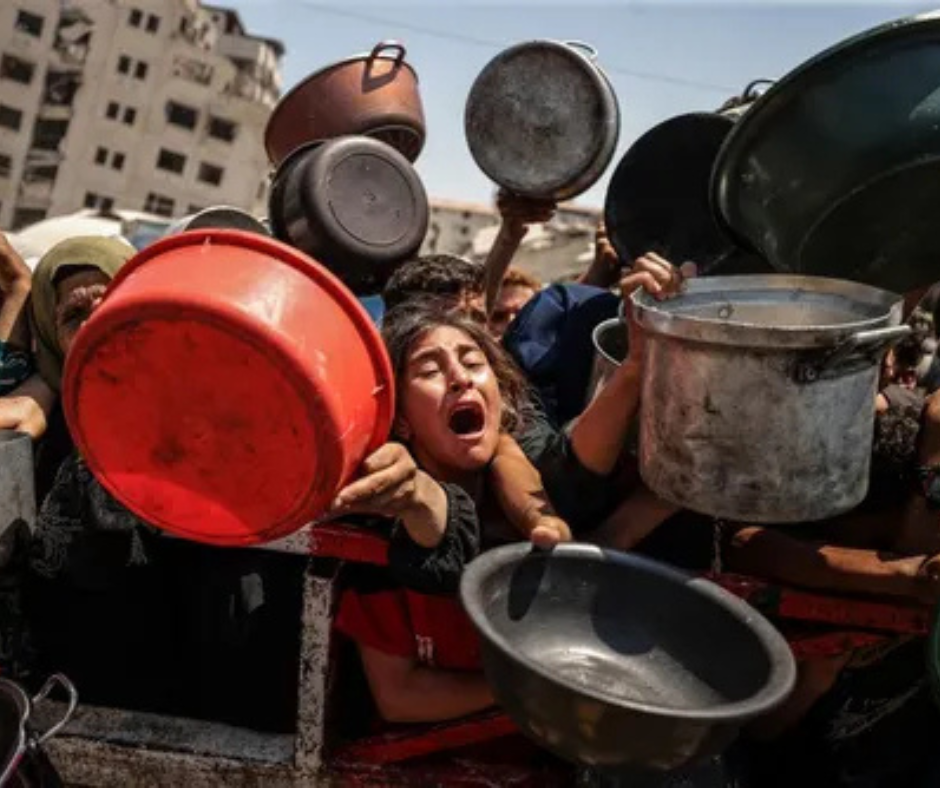
The humanitarian situation in Gaza continues to worsen, with more families now suffering from severe food shortages. Recent reports from local hospitals and aid groups confirm a rise in deaths linked to starvation, particularly among children and the elderly.
International organizations have raised concerns over the growing famine in the region, urging urgent humanitarian access to prevent further loss of life. However, ongoing conflict and restrictions at border crossings have made it extremely difficult for aid to enter Gaza in sufficient quantities.
According to health workers on the ground, food supplies are dangerously low. Families are relying on whatever little they can find—often going without proper meals for days. Some have resorted to eating bread made from animal feed or skipping meals entirely to make sure children have something to eat.
Global officials, including the United Nations and Red Cross, have repeatedly called for the opening of humanitarian corridors, but progress remains slow. Without a breakthrough, aid agencies fear the crisis will only deepen in the coming weeks.
The situation is especially alarming in hospitals, where malnourished patients are being treated without basic medical supplies or food. “We are doing our best, but we don’t have enough resources,” said one doctor working in a Gaza clinic.
This growing hunger emergency is not just a local issue—it’s a global one. The international community is being urged to step in more firmly, not only with food but also with diplomatic pressure to ensure aid reaches those who need it most.
As the conflict continues, the people of Gaza remain trapped in a humanitarian disaster that shows no sign of easing.

